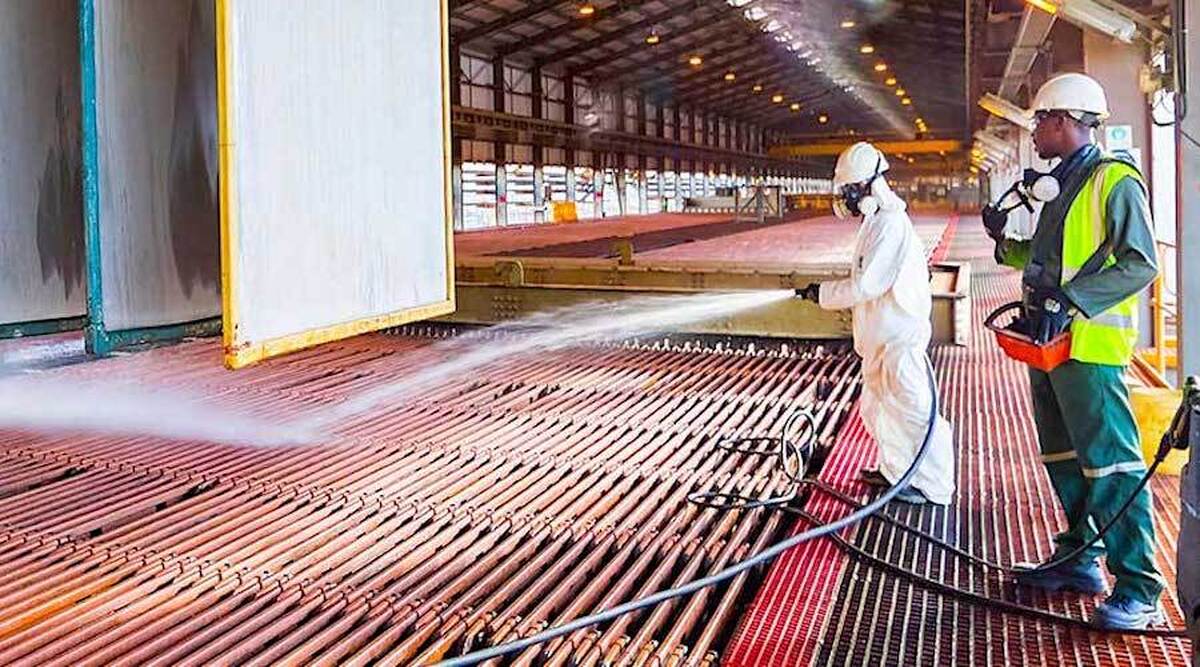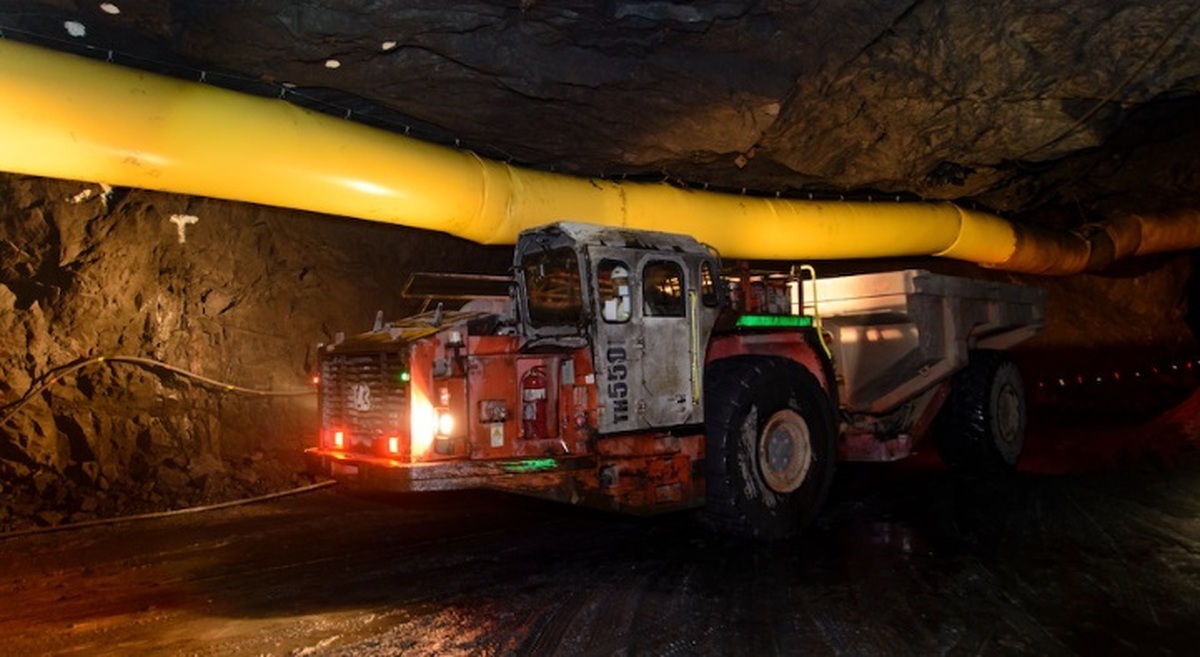
European cobalt prices start 2020 on the rise
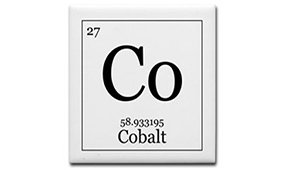
Prices for 99.8pc chemical grade cobalt were assessed at $16-16.75/lb duty unpaid in Rotterdam yesterday, up from $15.75-16.30/lb on 2 January in the first assessment of the year. Alloy grade prices were up at $16.75-17.30/lb, from $16.30-16.80/lb on 2 January.
There has been increased buying interest in China and Europe, as buyers try to get ahead of anticipated price rises. The market expects prices to rise in the coming months because of increased demand and lower availability at large producers.
Demand in Europe growing rapidly
European car manufacturers are launching several flagship EV models this year.
This comes as EU countries move from a "carrot" approach to encourage EV buyers, such as subsidies, to a "stick" approach, such as banning fossil fuel vehicles from city centres and increasing taxes on polluters.
Volkswagen group, the largest manufacturer on the continent, is launching its flagship EV hatchback, the ID, this year.
The group also plans to roll out its Modular Electric Drive Matrix (MEB) to 27 new vehicles across the group, including the Audi e-Tron, Audis' first all-electric SUV, the Seat el-born and the Skoda Vision-E. The MEB is an all-electric platform on which different vehicle models can be based.
Ford agreed in July to produce some of it's EVs on the MEB. And VW groups' Brunswick factory in Germany is expected to produce up to 500,000 batteries for MEBs in 2020. Other large car manufacturers are launching similar all electric flagship models, including big brands such as the Fiat 500, Vauxhall Corsa and Mini.
EV registrations in Europe overtook China for the first time ever last year after China cut subsidies. EV sales in the UK grew by 144pc and in Germany they grew by 75.5pc. They are expected to grow faster in 2020 with the new models.
Battery makers tie up long-term supply
On the supply side, there has been a tightening of cobalt hydroxide availability in recent months.
The largest change in the market was trading firm Glencore's decision to shut Mutanda, the world's largest copper/cobalt mine in the Democratic Repulic of Congo (DRC) late last year. Mutanda had an output of around 30,000 t/yr of cobalt hydroxide. Glencore's other DRC mine, Katanga, is ramping up to around 30,000t, but is not expected to get there until 2021.
The producer also tied up much of its stock in long term agreements over the past 12 months. One agreement with China's GEM was for 61,200t over five years. Another was signed with South Korea's SK Innovation for up to 30,000t until 2025.
Other producers have similarly signed agreements with battery chemical manufacturers or are not offering metal or hydroxide on the spot market. CTT in Morocco has not offered broken cathode material on the spot market since last summer and Eurasian Resources Group's Chambishi plant is not producing as much metal as it used to since the firm closed its Boss Mining hydroxide project in the DRC.
Spot buyers in Europe have looked to traders for supply, because some traders built large positions last year while prices were low and producers were offering. They have now raised offer prices because of tighter supply from producers. The market is expected to continue rising as more buyers try to lock in prices while they are relatively low.

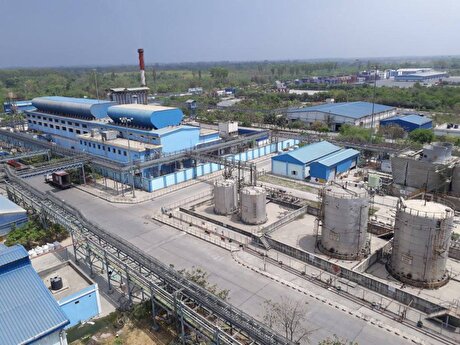
Hindustan Zinc to invest $438 million to build reprocessing plant

Gold price edges up as market awaits Fed minutes, Powell speech
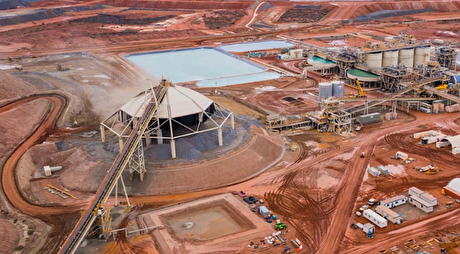
Gold Fields nears $2.4B Gold Road takeover ahead of vote

Glencore trader who led ill-fated battery recycling push to exit

UBS lifts 2026 gold forecasts on US macro risks

Roshel, Swebor partner to produce ballistic-grade steel in Canada

EverMetal launches US-based critical metals recycling platform

Iron ore price dips on China blast furnace cuts, US trade restrictions
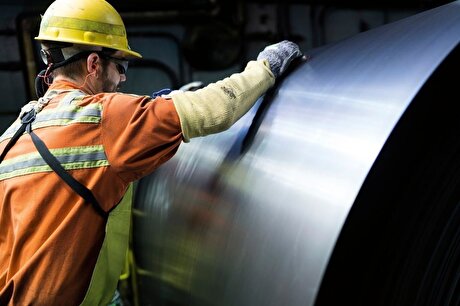
Cleveland-Cliffs inks multiyear steel pacts with US automakers in tariff aftershock
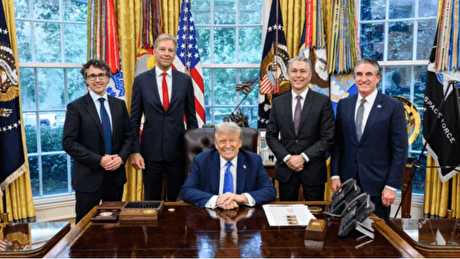
Trump raises stakes over Resolution Copper project with BHP, Rio Tinto CEOs at White House
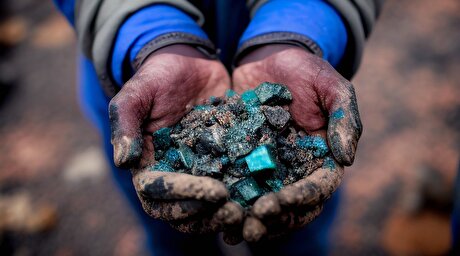
US seeks to stockpile cobalt for first time in decades

Trump weighs using $2 billion in CHIPS Act funding for critical minerals

Nevada army depot to serve as base for first US strategic minerals stockpile

Emirates Global Aluminium unit to exit Guinea after mine seized

Tailings could meet much of US critical mineral demand – study

Codelco cuts 2025 copper forecast after El Teniente mine collapse
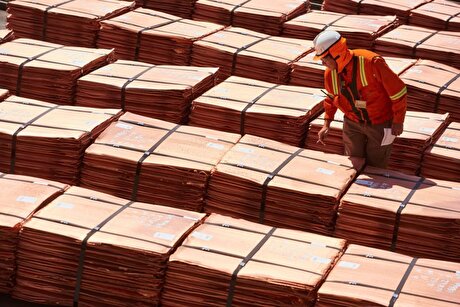
Glencore targets 1Mt of copper in Argentina over coming decade

Viridis unveils 200Mt initial reserve for Brazil rare earth project

SQM boosts lithium supply plans as prices flick higher

US seeks to stockpile cobalt for first time in decades

Trump weighs using $2 billion in CHIPS Act funding for critical minerals

Nevada army depot to serve as base for first US strategic minerals stockpile

Tailings could meet much of US critical mineral demand – study

Codelco cuts 2025 copper forecast after El Teniente mine collapse

Glencore targets 1Mt of copper in Argentina over coming decade

Viridis unveils 200Mt initial reserve for Brazil rare earth project

SQM boosts lithium supply plans as prices flick higher

Abcourt readies Sleeping Giant mill to pour first gold since 2014

